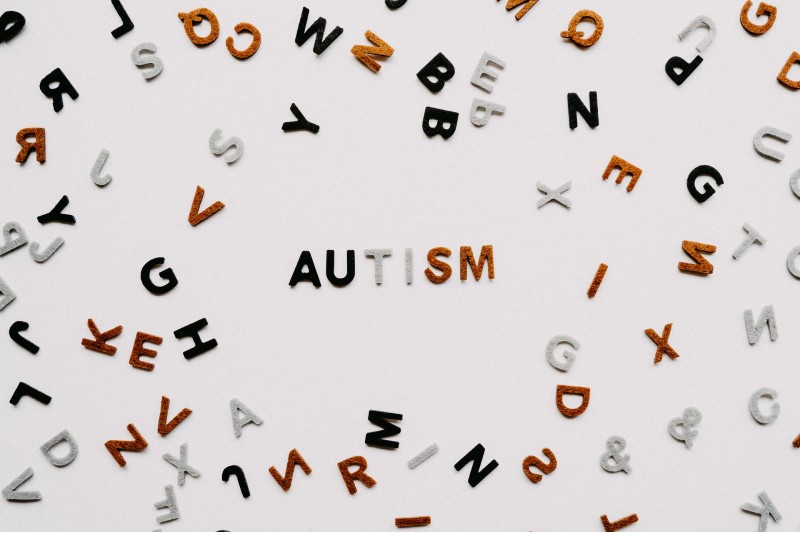In Spring 2008, District City Councilmember Marion Barry held hearings on the outrageous lapses in the numbers of people who are on the waiting list for public housing. These hearings resulted in a policy initiative, titled “Housing First,” that sought to house chronically homeless individuals in permanent housing. A vulnerability index was created to prioritize housing by identifying people who are homeless due to several issues, including disabilities or mental illnesses.
There was an effort to identify those extremely at risk. In some cases this has worked. For many homeless individuals, however, it has not.
My stay as a homeless person was during 1991-1993. I was a street person, for the most part. Since then, I have been dually diagnosed with bipolar disease, obsessive compulsive disorder and Asperger’s syndrome. The vulnerability index would not necessarily have worked for me during the time I was homeless because I was largely misdiagnosed. I did not know that it was extremely dangerous for me to be outside, so I remained outside and received plenty of abuse. Which brings me to what concerns me in 2009.
Over the past several months, the actions of Mayor Adrian Fenty have repeatedly shown a lack of compassion and understanding regarding vigorous decisions that affect the District’s homeless residents. The most glaring example of this includes the Franklin School Shelter debacle, in which the shelter was closed by Mayor Fenty. He continues to express complete justification in closing the shelter.
Another frightening aspect of his decisions concerns the funding cuts for most out-of-state placements.
In February 2009, a congressionally appointed monitor released a sensationalized memo to writer Bill Myers at the Washington Examiner. The memo stated that District of Columbia residents were being sent to the Florida Institute for Neurologic Rehabilitation for treatment and, while there, were being treated “like garbage.” City officials responded by saying the District should not pay for abuse and that these clients should be served in D.C.
In reality, the lack of services for the autistics and the woefully inadequate services for the mentally and physically disabled have not been discussed.
Unfortunately, bipolar disease and autism tend to be carried genetically. My daughter has been diagnosed with both, along with other mental disorders. She was among the clients “set free” from out-of-state placements. Fortunately, she is much better off than many others in similar positions. She is not in the District in a dirty group home. She is not with providers who beat her on a regular basis out of frustration.
My daughter is simply an example of what awaits individuals who are prematurely let out of their out-of-state placements. If funding is removed from out-of-state placements, the District needs options in place to care for these individuals. My daughter’s provider, for example, needs to create strategies to work with her violence, moods and aggression.
Which brings me back to my initial point: autism spectrum disorders are a very interesting thing. While your intellect is certainly not affected, your ability to communicate the things that you know may very well be. In some individuals, autism spectrum disorders create a disconnect from pain. When I was recently hit by an SUV, I jumped back onto the very bicycle I was thrown from and rode away. I didn’t register that I had been hurt until almost two weeks later. This is a frightening prospect when you become homeless. What if someone harms you and you do not realize that you are harmed until weeks or months later?
My experiences and those of my daughter raise questions about the adequacy of care in the District’s Housing First initiative. I don’t believe the program speaks to the needs of people who do not recognize they are in danger and people who need services.
A few weeks ago I was on a Metro bus and I heard a male voice telling a woman, “I like your shoes, I like your shoes. Hey, I like your shoes. What’s your name? Spell it.”
When the young man walked away, I saw this woman cowering in her seat. A gentleman slid into the seat next to her and she said, “He is weird,” sniggering nervously. I tapped her on the shoulder and told her, “No he’s certainly not weird, he has autism. I remember him from Florida.”




